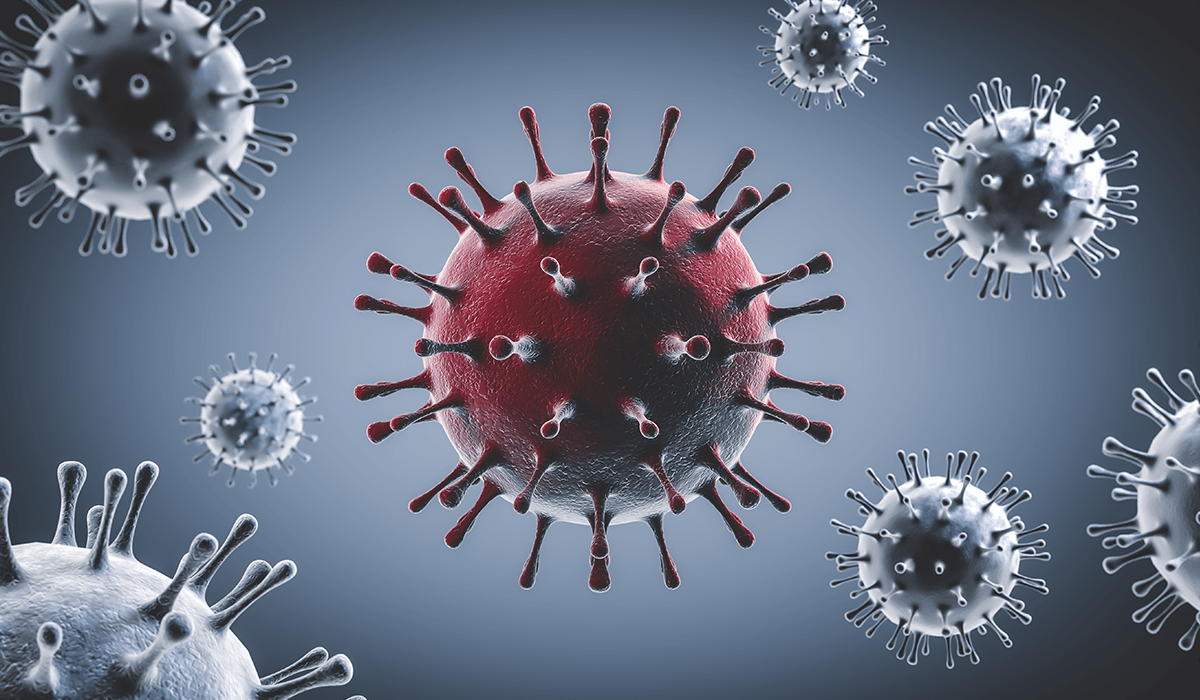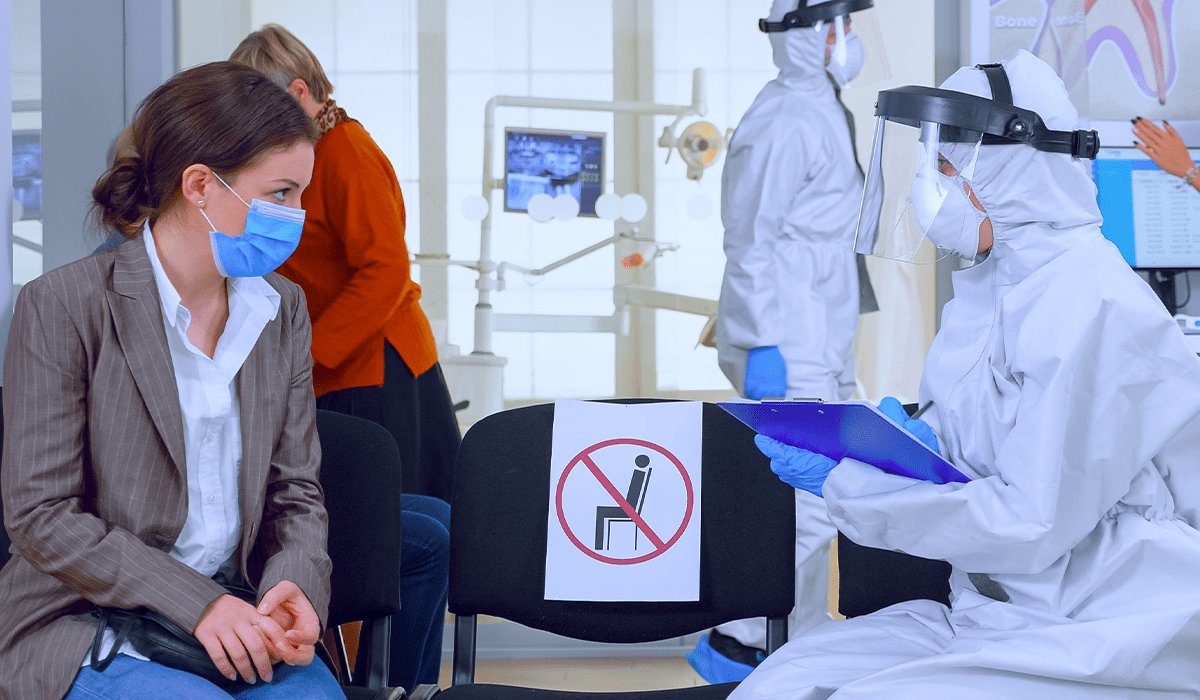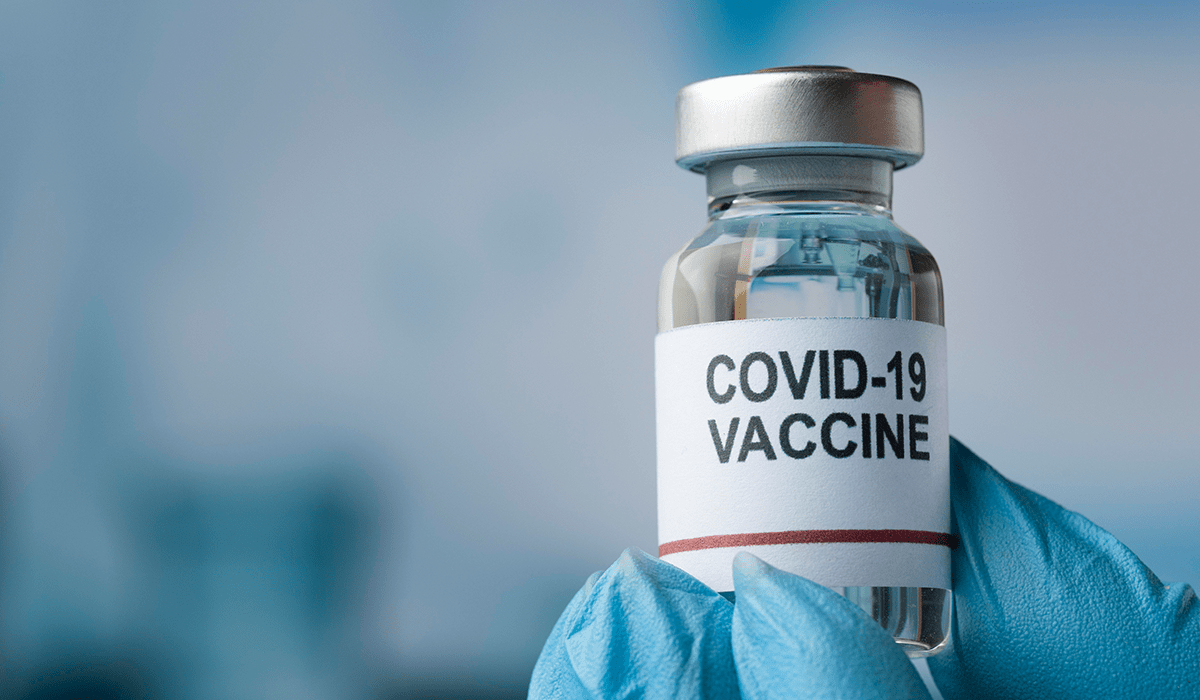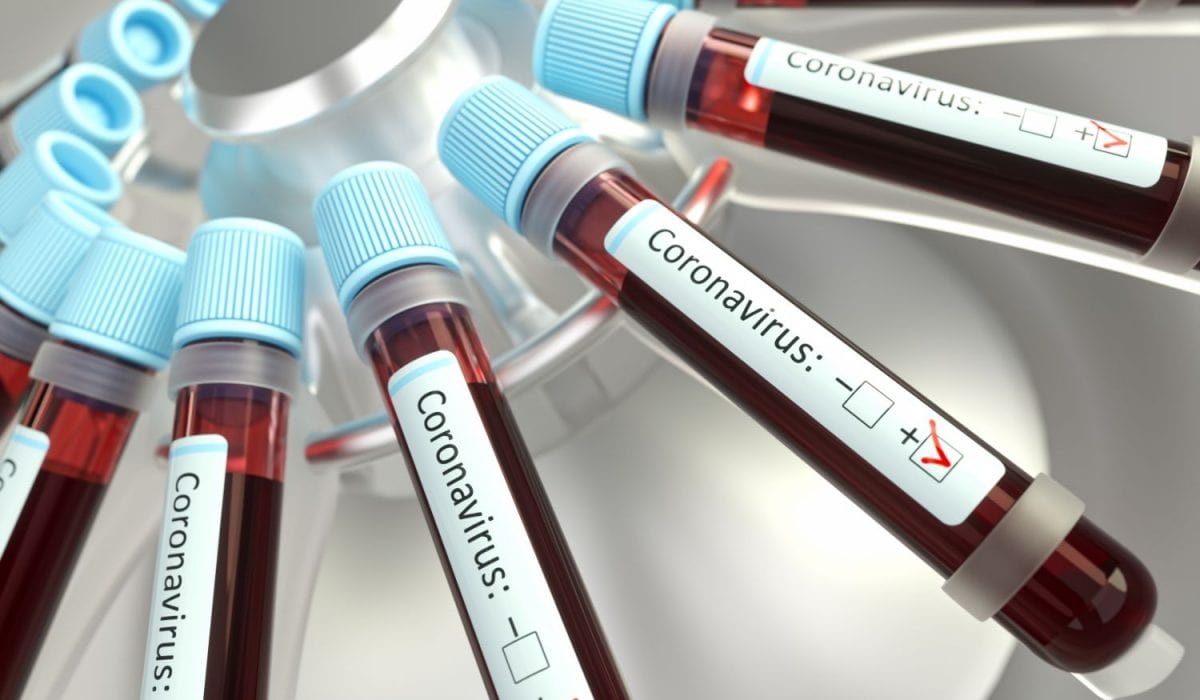Scientists from across the country are working around the clock to establish programs that will ensure access to and acceptance of rapid and reliable testing around the country.
Testing saves lives
Testing of all people for SARS-CoV-2, including those who have no symptoms, who show symptoms of infection such as trouble breathing, fever, sore throat or loss of the sense of smell and taste, and who may have been exposed to the virus will help prevent the spread of COVID-19 by identifying people who are in need of care in a timely fashion. A positive test early in the course of the illness enables individuals to isolate themselves – reducing the chances that they will infect others and allowing them to seek treatment earlier, likely reducing disease severity and the risk of long-term disability, or death.
Testing of people who have been in contact with others who have a documented infection is also important. A negative test doesn’t mean you’re in the clear; you could become infectious later. Therefore, even if you test negative, you need to continue to protect yourself and others by washing your hands frequently, physically distancing, and wearing a face mask. A positive test makes it clear that you have to isolate yourself, and that others with whom you have been in contact since the time of your exposure should also get tested.

Testing matters more in the communities affected the most
Communities of color are disproportionately burdened by the COVID-19 pandemic. Some individuals in these communities are essential workers, who cannot work from home, increasing their risk of being exposed to the virus. In addition, multi-generational living situations or multi-family housing arrangements can allow the virus to spread more quickly if one household member gets infected. Comorbid conditions that worsen the health risks of COVID-19, such as heart disease, obesity and diabetes, are also more common in minority communities because of long-standing societal and environmental factors and impediments to healthcare access. Therefore, COVID-19 can spread quickly in these communities, and the impact of that spread is great. Testing, particularly of asymptomatic and pre-symptomatic individuals, is key to interrupting this spread.
Unfortunately, there still is a lot of confusion about where to get a test and who should get tested. It is becoming clear that for a person to test positive, they have to have a significant amount of the virus in their system. This means that if you have no symptoms but think or were told that you were in contact with a person with COVID-19, you should isolate yourself immediately, call your health care provider, and then get a test.
If you have any question, always call your health care provider or local county public health office. You can also contact the CDC Hotline at 800-CDC-INFO (800-232-4636).




